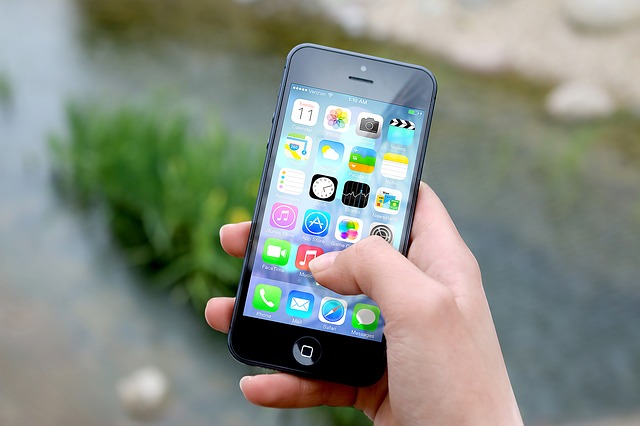
For almost everybody, the days of navigating from a folded map are over. We no longer have someone sitting next to us in the passenger seat shouting, “Turn here! Here! Ugh, you missed the exit for downtown Lansing! Why aren’t you listening to me?” Instead, a moderated electronic voice issues calm commands from the tiny speaker in your smartphone, while a constantly updating digital map provides hands-free navigational assistance in real-time.
In other words, your mobile device’s GPS guides you, pinpointing your location, warning you about traffic back-ups and even speed traps ahead, and helping you find gas stations and restaurants along the way and throughout Michigan. It’s almost like magic. Until it gets used against you in court. Because cell phone data (and specifically geolocation data) can, and often does get used as evidence in criminal investigations. How? Let’s unpack the facts…
Your smartphone has access to a LOT of information about you.
If you’re like most people, you shop online, surf the web, chat with friends, take and share pictures, update social media, listen to music, watch videos, get driving directions, and even look for dates on your smartphone. That’s a lot of life lived via your phone, which means a lot of personal information transmitted to and from, and stored in your phone. (Which is why cell phones are often one of the first things cops want to seize when there’s been a crime – they provide a wealth of data about a person’s life.)
Your text history, private message apps (like Facebook messenger and Whatsapp), and your emails, all provide a rich data mine for investigators. What you say and who you said it to are often very important. Cops will be looking for things like threats made, details about planned crimes, and dialogues with missing persons. We share a lot of details with others in smartphone conversations we think are private, but they really aren’t. And if the cops find anything incriminating in your electronic exchanges with others, you could be in a world of hurt! And don’t make the mistake of thinking you really understand how to permanently delete that information. Chances are you don’t have that very technical knowledge so it remains stored someplace in your cell.
Modern technology is a double-edged sword!
Our lives are made so much easier in so many ways by the technology that’s available to us. But all of that convenience comes at a cost. A cost is primarily privacy. In return for a world of info at our fingertips, we sacrifice our boundaries and our personal information. And when you consider the fact that every single digital interaction leaves a trail of data in its wake that can be accessed and used by other people, it can seem like a pretty high price to pay.
Join us next time for a look at what your rights are when your digital data is used against you as evidence in a case, and what that means. Until then, if you’ve been accused of a crime in Michigan’s lower peninsula, you’re going to need help from a criminal defense attorney who understands exactly how digital data is harvested and used in criminal cases. So call The Kronzek Firm at 866 766 5245 and talk to one of our fiercely aggressive and creative defense attorneys. We know what you’re up against, and we can help. We can be reached 24 / 7 for emergencies and immediate help by calling 1 866 7NoJail.







